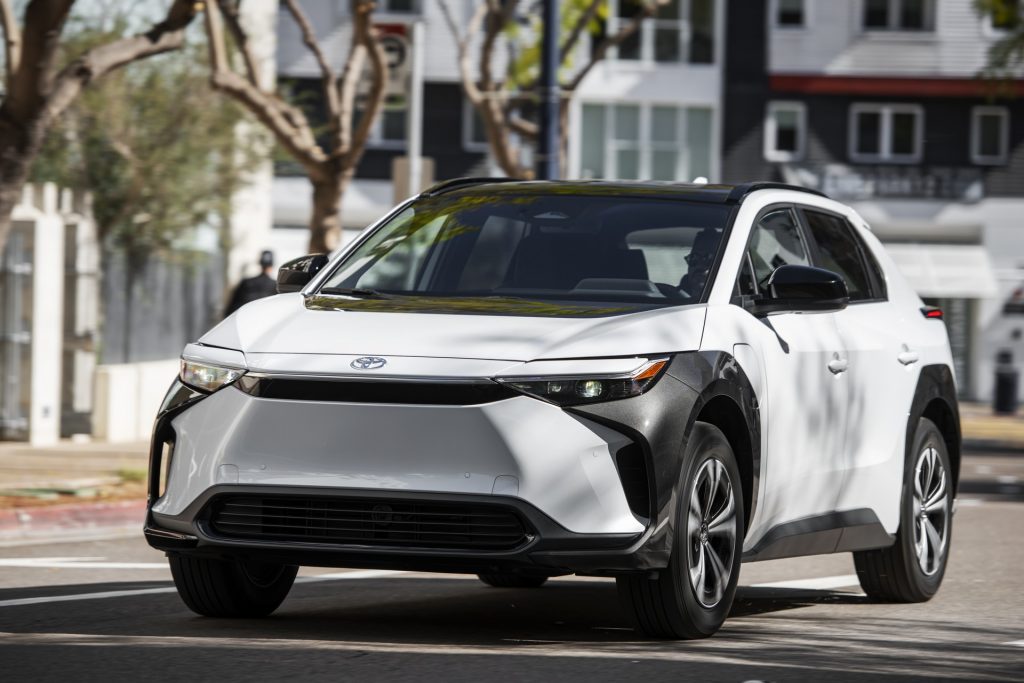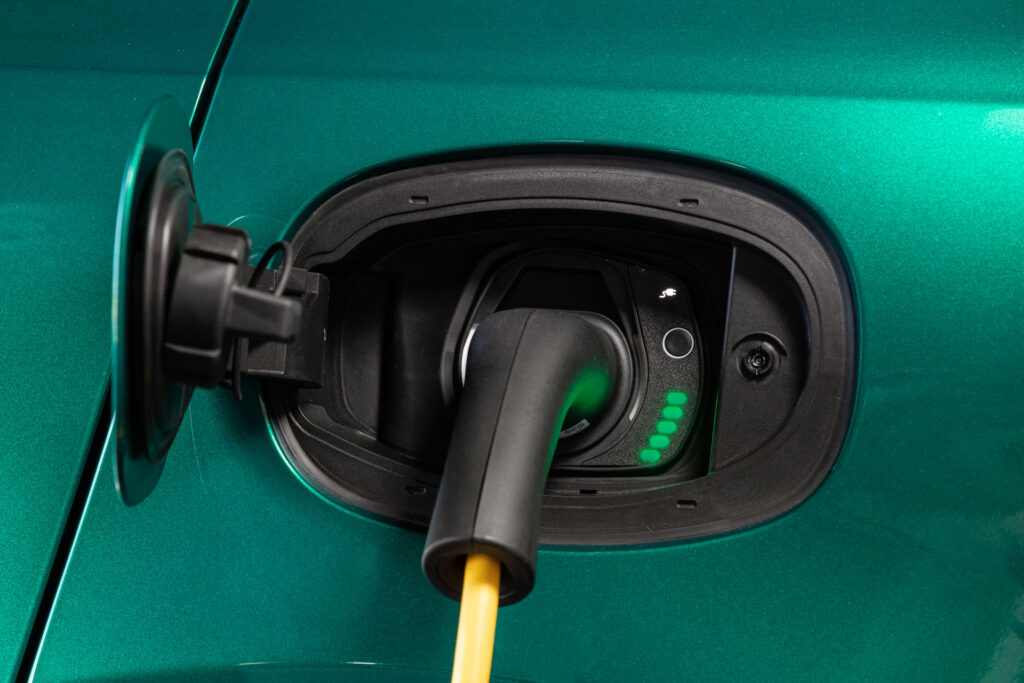Despite doing more than another carmaker to popularize the idea of hybrid technology, Toyota has been slow to enter the full EV market and has received flak as a result.
But now Toyota claims it has the data to prove that going all-in on EVs as many rival automakers have committed to do, isn’t just a bad business decision, it could be bad for the environment. The firm’s Chief Scientist, Gill Pratt, says it makes far more sense for car companies to offer cars with different energy sources, including hybrids and hydrogen.
But if EVs produce no emissions, why would we want to make more hybrids? Pratt says it comes down to the availability of lithium, the mineral used in the production of battery packs. He predicts that the car industry will soon be hit by a shortage of lithium, as well as other minerals used in battery production, and also a lack of recharging points as the number of EVs in production skyrockets demand.
And if there isn’t enough lithium available to power tens of millions of EVs, it makes sense to share it out between hybrid vehicles. Pratt says making millions of hybrids will have a greater impact on CO2 output than using the same quantity of lithium to create a smaller number of pure EVs.
Related: Toyota Retains Best-Selling Automaker Crown, Shifts Almost 10.5 Million Vehicles In 2022

In a hypothetical model outlined to Automotive News, Pratt starts with 100 combustion vehicles that emit 250g/km of CO2. If you have enough lithium to make 100 kWh of batteries you could build one top-spec long range Tesla but the remaining 99 vehicles would still be combustion-powered, giving a fleet CO2 figure of 248.5 g/km. Spread that 100 kWh out between 90 traditional hybrids though, leaving only 10 plain combustion cars, and the average emissions drops to 205 g/km.
This doesn’t mean Toyota isn’t interested in EVs. It recently announced a Tesla Model 3-sized bZ3X sedan for China to complement its bZ4X SUV. But the company is adamant that rival firms like Honda, Cadillac, Volvo and others, are making a mistake by throwing all their weight behind pure EVs.
“There is a crunch that’s going to come,” Pratt told Automotive News. “Time is on our side. These shortages — not only of battery materials, but of charging infrastructure — will make it abundantly clear that one size does not fit all, and that the best answer is actually a mix of different vehicle types.”




